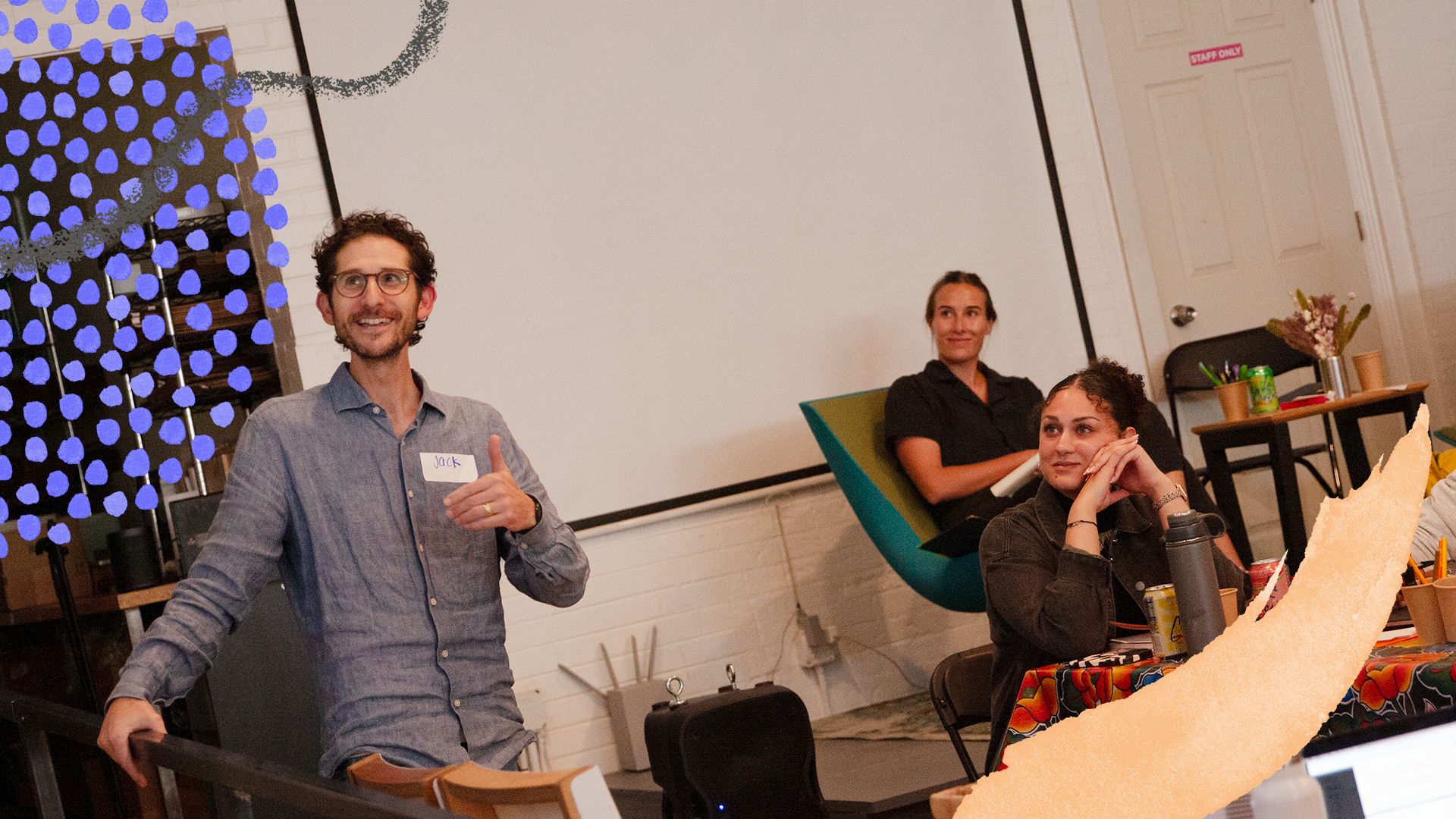No question is stupid. But some are smarter than others.
Think about that awkward moment in meetings when a facilitator asks, “So… what do you think?”
Cue: deafening silence. Or chaotic, meandering responses. When deployed at the wrong moment, it rarely leads anywhere productive.
Good questions open people’s hearts and minds1. They engage both intellect and emotion to inspire expansive thinking, whether you’re leading a corporate strategy session or a long-awaited book group. They turn ideas into action.
Good questions start with a strong culture
To ask really good questions, you need to create a climate of trust and psychological safety2 where the people you’re in conversation with are ready to receive your questions. Asking people to be introspective or even challenge their worldview is a huge exercise in trust. And it’s why part of your work as a facilitator is to create the environment and rapport that lets you ask those tough questions.
Your question toolkit
There are almost infinite questions you can ask. Fortunately, we believe there are five types of questions that are especially helpful for guiding an effective discussion.
- Clarification questions
- Purpose: To establish a shared understanding.
- Examples: “Can you clarify what you mean by…?” “What assumptions are we making here?”
- Reflection questions
- Purpose: To explore emotions, instincts, or personal perspectives.
- Examples: “How does this resonate with you?” “What’s your gut telling you about this idea?”
- Analytical questions
- Purpose: To interpret data and evaluate ideas.
- Examples: “What are the pros and cons of this approach?” “What patterns are emerging here?”
- Provocation questions
- Purpose: To help people get unstuck and inspire creativity.
- Examples: “What’s the boldest solution we haven’t considered?” “What if failure was not only acceptable but encouraged? What bold ideas would we pursue then?”
- Resolution questions
- Purpose: To drive decision-making and action.
- Examples: “What’s the next step we need to commit to?” “Is this proposal ‘safe to try’”?
Crafting great questions is only half the battle; knowing when to ask them is the key to unlocking insight.

Timing is everything
You may be wondering: how do I know what type of question to ask at what point of the conversation?
Here’s the truth: this won’t be an exact science. This is where you have to be attentive to the purpose of the conversation you’re facilitating, the dynamics at play, and the timing. You need to assess: is this a moment when I need to shake things up to get people out of this loop, or is this a moment where I need to move us into resolution?
This method can help you ask those questions of yourself as you’re facilitating. And more importantly, it can help you shape your approach moving forward.
Putting it into practice
Ready to get started? We’ve put together a list of some of our favorite go-to questions that we have top of mind whenever we facilitate.
- When you’re facilitating, take this list with you and do an inventory of how often you ask different types of questions. Then, use questions you're less familiar with. The more you can mix up your questions, the more easily you’ll choose the right one at the right time.
Interested in exploring more deeply? If the topic of asking sharp questions piques your interest, join us on May 1-2 for the second edition of Studio Session: Design & Lead Experiences that Inspire. This workshop is perfect for anyone eager to hone their learning design and facilitation skills. Spots are limited, so don’t wait—click here to learn more and apply!
- Gambill, Tony. (2021). The Art of Asking Higher Quality Questions. Forbes: Leadership, Leadership Strategy. ↩︎
- Gallo, Amy. (2023). What is Psychological Safety? Harvard Business Review: Leadership and Managing People. ↩︎
